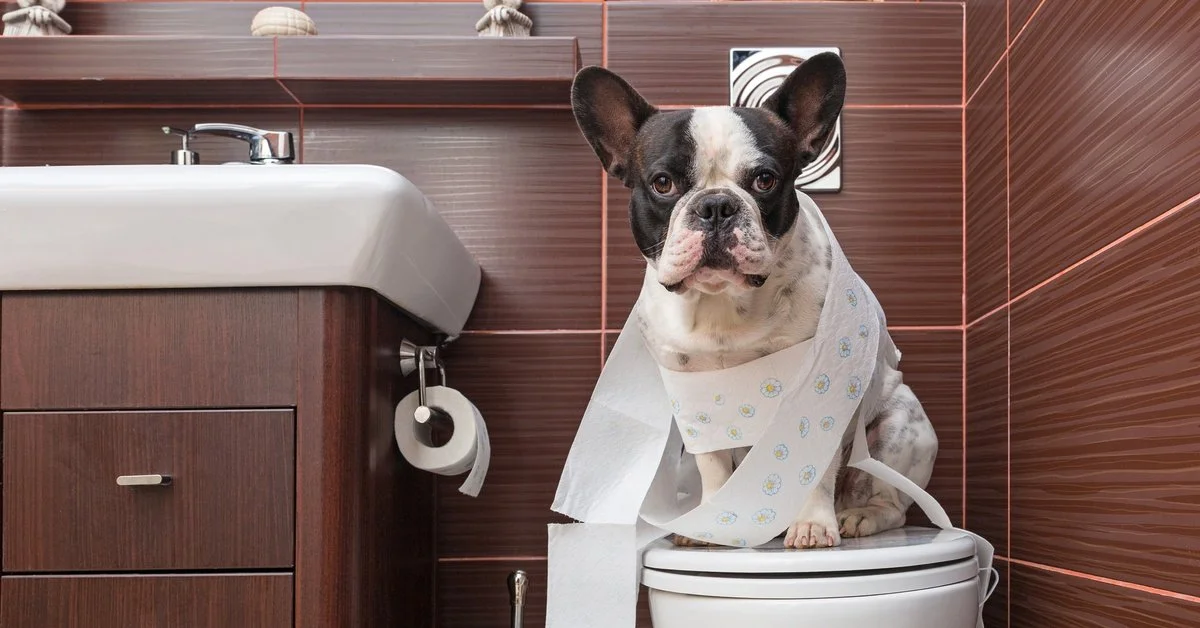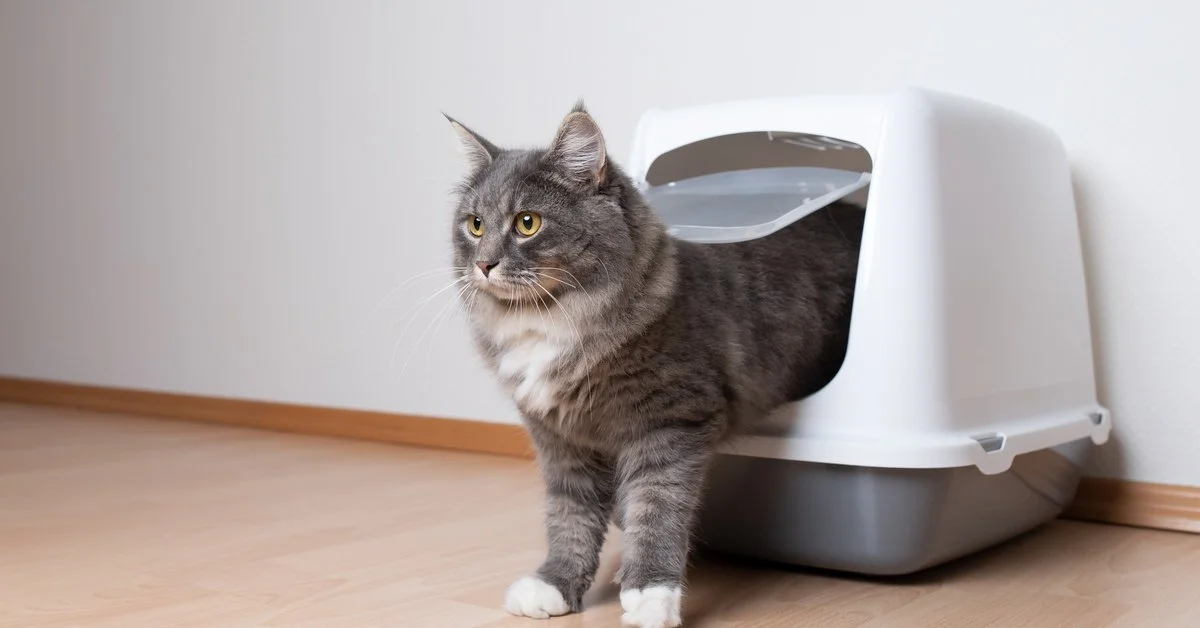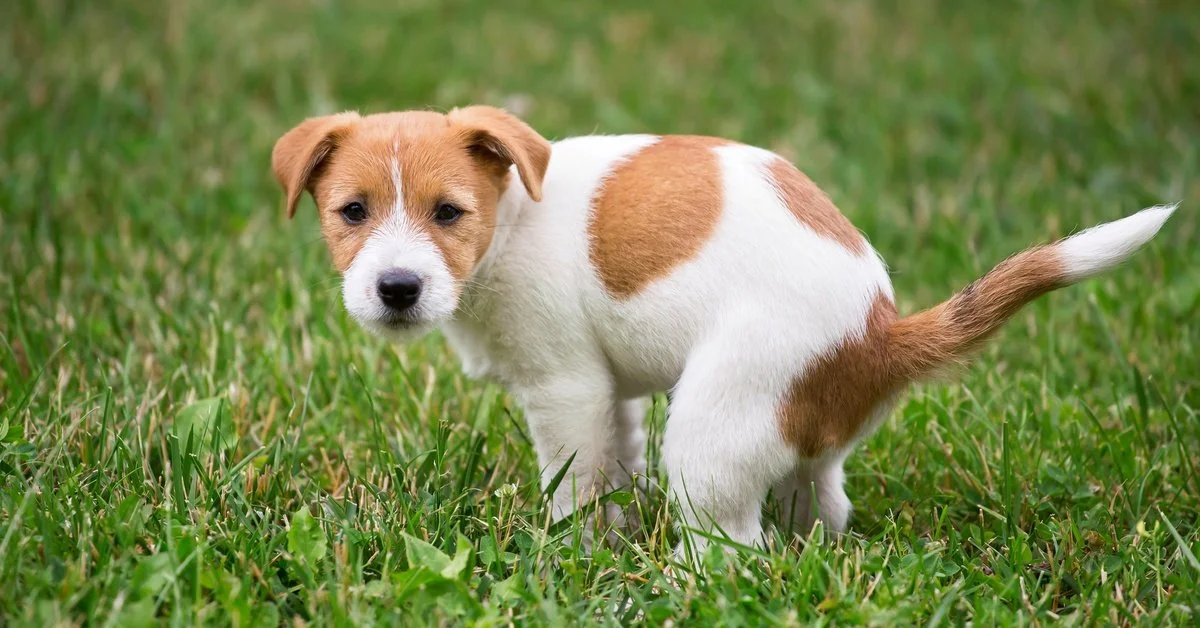Why Your Veterinarian Wants a Sample of Your Pet’s Stool
Caring for your pet is a big responsibility. You take them to the vet when you think something’s wrong, and you try to keep an eye on their diet. However, there are times when your vet may ask for what seems like an unusual request: a stool sample. While it may initially be unclear why your veterinarian wants a sample of your pet’s stool, it’s because there’s a lot of information found in these samples to reveal your pet’s current health status.
Stool samples are more than just waste; they can highlight problems with digestive health, your pet’s immune system, and even current exposure to infections or parasites. Laboratory analysis can give veterinarians a greater insight into your pet’s health that they may not be able to find during a typical physical exam.
Ahead, learn in full detail everything your veterinarian can glean from a pet stool sample.
Early Parasite Detection
Internal parasites are a common health concern for pets. Some of the most common culprits are roundworms, hookworms, tapeworms, or other microscopic organisms like Giardia. It can be difficult to spot these parasites through standard checkups, and pets may not show serious symptoms right away.
Performing a stool test can help vets detect eggs or larvae that could indicate an infestation. Catching these problems early makes it easier to give your pet the proper treatment and take care of the problem before the parasite poses a larger threat.
Zoonotic Disease Prevention
Finding potential parasites or infections in your pet, like roundworms or hookworms, is a zoonotic problem. Your pet can transfer these parasites to you or other people. These types of diseases are especially dangerous for small children, who may come into contact with contaminated areas around the house. Regular stool testing is essential to identify and treat such threats so your entire household stays safe and healthy.
Digestive Health Monitoring
Your veterinarian can use stool samples to check how well your pet processes certain foods and absorbs nutrients from them. Elements from your pet’s stool like texture, color, and consistency can reveal important clues about the animal’s diet and digestion.
The sample may divulge certain abnormalities, like undigested food particles or even blood in the stool. These symptoms can be signs of underlying conditions like food intolerances, inflammatory bowel disease, or other gastrointestinal infections. Addressing digestive issues early can majorly improve your pet’s quality of life.
Infection Identification and Diagnosis
Another reason your veterinarian may want a sample of your pet’s stool is because these samples may contain bacteria or viruses. Certain bacteria, like salmonella or clostridium, may give your pet diarrhea, dehydration, and varying levels of discomfort. If you don’t treat these problems, they can lead to more serious infections and health issues.
Checking stool samples allows vets to catch these problems early and treat them as quickly and effectively as possible to minimize discomfort. On top of helping your pet, early veterinary care can also reduce the risk of your pet spreading the illness to other animals or people in your home.
Tailored Deworming Plans
Deworming is a common part of caring for your cats or dogs. However, pets typically have different deworming schedules or medications. Stool samples help veterinarians determine which parasites may affect your pet and then tailor a deworming plan.
Custom deworming plans are especially effective considering there isn’t one single solution that fits every pet. Getting information from a stool sample can help your vet put together a targeted plan to give your pet the targeted treatment they need while limiting exposure to medications that may not solve the problem.
Chronic Issue Evaluations
Some pets may experience chronic gastrointestinal issues, such as recurring diarrhea, vomiting, or changes in appetite. Veterinarians can more easily diagnose these issues by having access to detailed lab work, which often includes stool analysis.
Stool testing can pinpoint the underlying cause of chronic digestive problems. Your vet may catch issues like food allergies, bacterial overgrowth, or parasitic infections and use that information to put together an effective treatment plan.
Treatment Progress Tracking
While analyzing stool samples can help catch many issues, it’s also a great way to monitor the treatment process. Follow-up samples sent to your vet reveal increases or decreases in abnormalities. Your vet can use that information to determine if the issue has been treated or if there must be changes made to the treatment plan. Follow-up testing can ensure your pet doesn’t experience recurring issues or worsening symptoms.
Preventative Care Support
Analyzing a pet’s stool isn’t always about catching and diagnosing problems. It’s also an important part of preventative care. By checking for subtle changes in your pet’s health, your vet can catch potential issues before they evolve into something serious, potentially bypassing certain problems before they even start.
Preventative care is key to helping your pet live a long, happy, and healthy life. Pet owners can combine routine stool testing with regular veterinary checkups to stay ahead of major health concerns and give their pet some of the best possible care.
Taking Action for Your Pet’s Health
Pets rely on us to look out for their well-being in ways they can’t express. Regular stool testing contributes to their overall happiness and health, and knowing you’ve taken every step to care for them adds to the joy of being a pet owner.
If your vet specifically asks for a stool sample, this is more than just a routine request. This step is a proactive move to understand the current health of your pet and safeguard them from further issues. Whether your vet suspects a parasite or is worried about gastrointestinal issues, a stool sample is an important part of modern veterinary care.
Schedule an appointment with The Complete Pet Animal Hospital today to give your pet the care they deserve. Our dedicated team of vets in Litchfield Park, AZ, is here to provide expert guidance and comprehensive veterinary services to keep your furry friends healthy and happy. Contact us now to learn more or to book your visit!



